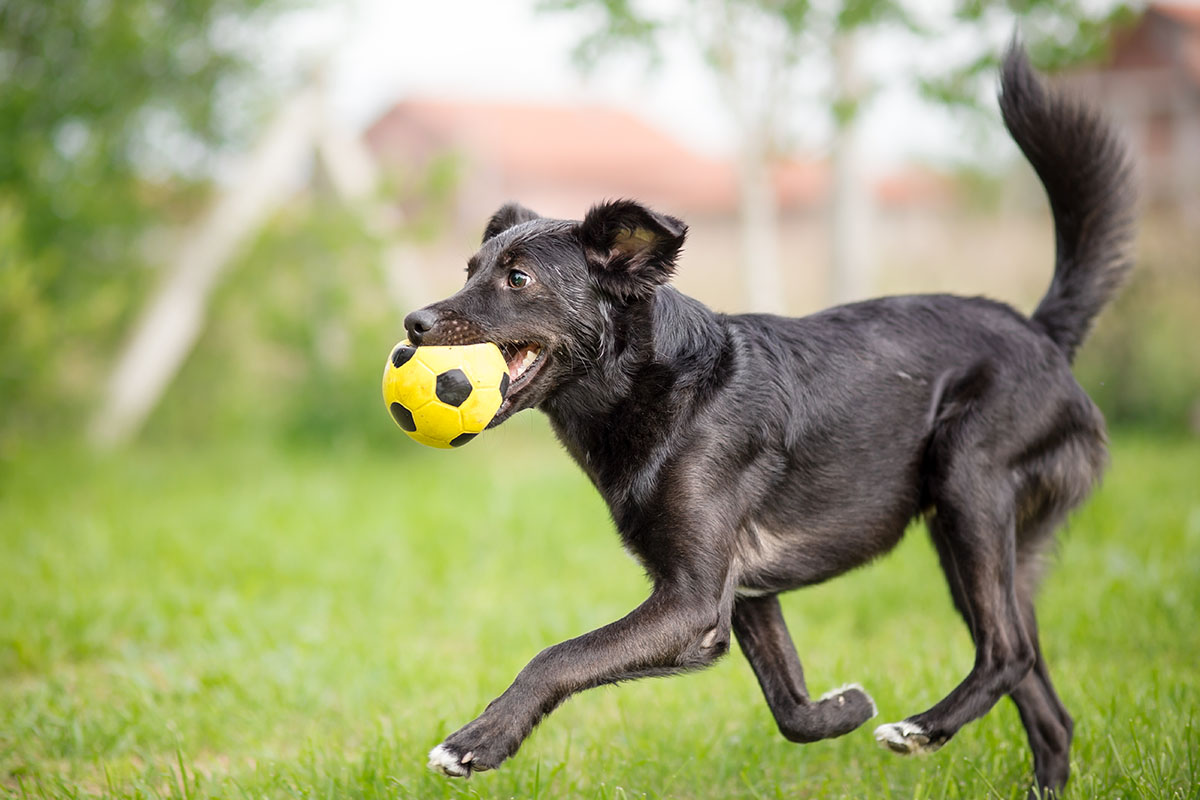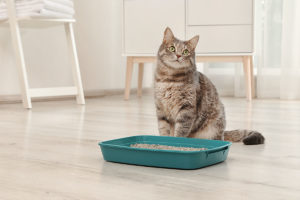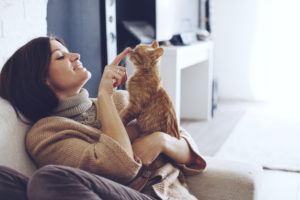
How to Boost Nutritional Intake of Underweight Pets
By Sandy Robins
We all want our pets to live long and healthy lives, and one of the keystones to good health and well-being is maintaining a healthy weight.
Being overweight, even clinically obese, puts pets at increased risk for developing serious weight-related disorders such as arthritis and joint/walking issues, high blood pressure, kidney disease, diabetes and various cancers.
Tipping the scales in the opposite direction, being underweight can also be a big issue.
“Some variation in weight is normal and is highly dependent on activity and calorie intake. If a cat or dog’s appetite is depressed and the pet owner notices weight loss, it is definitely time to talk with a veterinarian. If weight loss is noted despite a normal intake of calories, it also could be a sign of a problem that needs to be addressed by your veterinarian,” said Brian McLaughlin, DVM, national technical services manager for Vetoquinol USA. “Doing a blood panel may help to determine the issue.”
There are several reasons a cat or dog may be underweight, such as illness or an injury. Medical issues causing weight loss include:
- Inflammatory bowel disease (IBS
- Hyperthyroidism (cats often lose weight while still eating well)
- Pancreatitis
- Liver disease
- Kidney disease
- Respiratory or nasal disease
- Dental disease
- Conditions like osteoarthritis that cause pain over time.
An adopted, former stray cat or dog can be too thin as a result of having to scavenge for food and irregular eating. These animals may require special boosted nutrition to improve their health.
A pet that stops eating altogether is a serious concern as it can result in hepatic lipidosis, also known as fatty liver disease. It’s much more common in cats than dogs — although smaller dog breeds can be prone. This liver condition can happen quickly, leading to serious complications and requires urgent medical care.
Boosting a Pet’s Food Intake
Boosting a pet’s nutritional intake may require a special veterinarian prescribed diet for a limited period and then a transition over to an age-appropriate food.
Feeding canned food is a good idea as it has more moisture (and hydration is important) and smells more enticing than kibble.
Also, warming the food slightly can improve the aroma and pique pet interest.
The right food bowl can make a difference. Cats like to eat from flat bowls so that the side of the bowl doesn’t touch their whiskers. Make sure the dog bowl has a rubber ring so that it doesn’t move around the kitchen floor.
If you feed kibble, adding a tasty topper or bone broth to the food will certainly help change it up.
Nutritional supplements can really help to bring a pet up to a normal healthy weight. Nutri-Cal is a high calorie supplement packed with vitamins and minerals for dogs and cats. It can be a good source of easily digested and accessible calories when needed. There are formulations for puppies and kittens too.
Dogs will most likely take the gel smeared on a piece of bread. A popular trick for cat parents is to apply the product on the cat’s paw, leaving the feline to lick it off itself.















